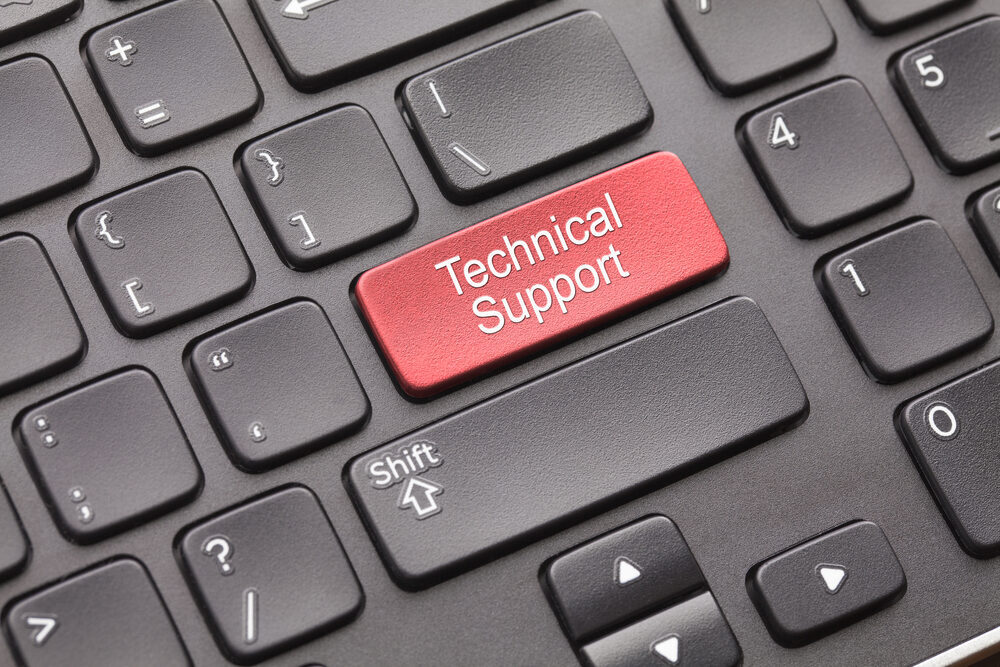Last Updated on March 11, 2021 by Sunny Staff
WordPress powers nearly 40% of all websites. There are many reasons that this particular platform is so popular, but one of its best qualities is its ease of use. If you want to do something to your WordPress site, you probably can.
This applies to SEO, too. If you want to improve your site’s SEO and get more views, you can, and it doesn’t require any arcane or obscure knowledge. In this guide, we’re going to take a look at WordPress SEO for beginners and what you need to do to make your site’s SEO better.
1. Ensure Search Engines Can Find You
If you want search engines to find you, you need to ensure that WordPress isn’t shielding your website from the outside world. Under Settings | Reading, there’s a setting that allows you to “discourage” search engines from indexing your site and listing you in search results.
Make sure that this setting is disabled, or no search engines will be able to find your site.
2. WordPress SEO: Starting With the URLs
How your URL looks is a big part of SEO, as it affects how Google and other search engines consider your site. They can also help people decide whether to click on your page or not.
First off, you need to configure your WordPress URL and site URL to be the same thing. You can find this under the Settings | General tab of the control panel. If you’re wondering whether to have your URL start with “www.” or not, it’s entirely up to you and doesn’t affect SEO, but make sure that you’re consistent across both settings.
You should also consider how you format your URLs when you create a post on your site. By default, WordPress assigns a number as your URL, but this doesn’t tell Google or the person searching anything about the page, so it can have negative impacts on your SEO.
However, you can edit the URL when you make a post, and we’d recommend including a few natural keywords. So, let’s say you were writing about “10 Great Mexican Restaurants in Dallas,” you could make the URL “great-mexican-restaurants-dallas.”
3. Add a Sitemap to Your Site
An XML sitemap is a small file that you upload to your WordPress site that helps Google’s web crawlers find your website’s pages. If Google doesn’t have a link to a page from another page or file, it can’t find that page. You can think of a sitemap as a traditional map, in that it lets Google find its way around your site and index all the pages on it.
Pages that aren’t linked to the rest of your site are known as orphan pages, and will not display in Google’s search results. Adding an XML sitemap prevents this and means more exposure for your site.
4. Update Your PHP
PHP is the backbone of your WordPress site and many websites still run on out-of-date versions of this language. You should run your website on PHP 7.4 for better security and also, better SEO.
How does your choice of PHP affect SEO? Well, it all comes down to the technical side of your website. For a start, a slower website means a worse ranking, and PHP runs more efficiently and keeps your site speedy.
This efficiency means that there’s less of a strain on your server’s resources too, so you can handle more traffic. Plus, it’s a better choice for web developers, as there are some nifty new features in PHP 7.4.
5. Always Do Keyword Research
Earlier, we mentioned putting keywords into your post’s URL. Well, you should be putting them into your posts themselves too, but how do you know which keywords to use?
You need to do keyword research. By using a keyword research tool like AHrefs, SEMRush, or Google Keyword Planner, you can find keywords that a lot of people search for but that aren’t too competitive, which you should then use in your posts. Using these popular keywords means that you’re more likely to end up on the first page of results.
6. Add Links
Adding internal links to your posts is a great idea. Not only do these help Google find your other posts, but they also allow readers to find more of your posts.
This means that they spend more time on your website, which decreases your bounce rate, and improves your SEO. While adding links to your own content may sound strange at first, it will soon become second nature and will help you and your visitors a lot.
7. Write Compelling Content
When it comes to SEO, all the techniques in the world can’t help bad content. If you’re putting up boring blog posts that no one wants to engage with, fewer people will come to your site, which means you’ll appear lower in the search results.
Your foundation has to be compelling, interesting, and shareable content. You should also make sure that you put up fresh content regularly. If you don’t feel that this is a commitment you can make, you should consider outsourcing the management of your WordPress site to a team of experts.
We Can Make Your WordPress Site Better
WordPress SEO can seem very complicated and we’ve barely scratched its surface. If you’re worried that you can’t give your WordPress site’s SEO the boost that it needs, we can help.
We’re experts at managing WordPress sites and would love to help you get the most from your site. For more information about how we can help or if just have a question about WordPress, get in touch with us!



